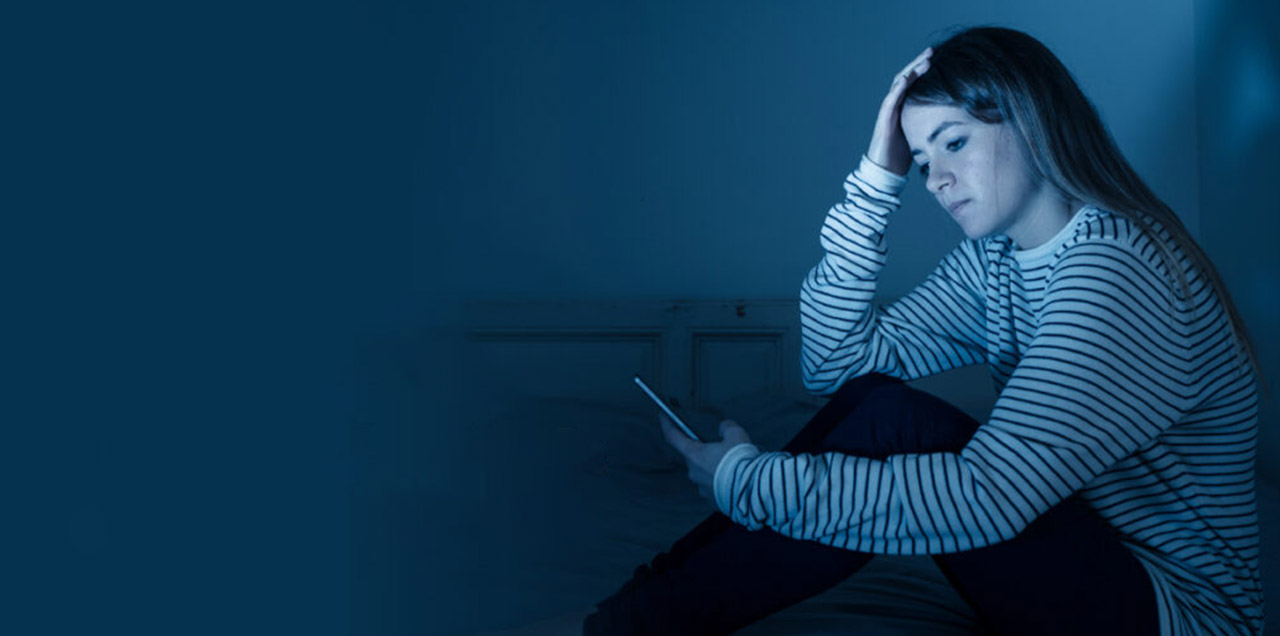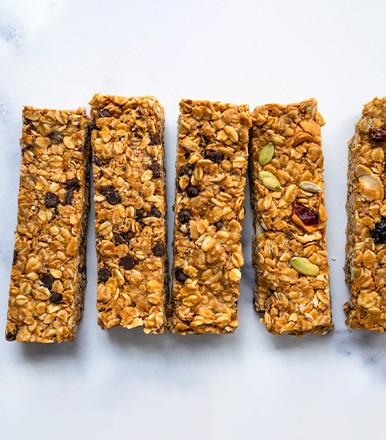Social media has become a central part of our lives. From connecting with friends to sharing moments, it offers many benefits. However, there’s growing concern about its impact on mental health. Understanding these effects and learning how to use social media safely is crucial for maintaining well-being.
The Impact of Social Media on Mental Health
1. Increased Anxiety and Depression
Excessive use of social media can lead to feelings of anxiety and depression. Constant exposure to idealized images and the achievements of others can create unrealistic standards and feelings of inadequacy. Studies have shown a correlation between high social media use and symptoms of anxiety and depression.
2. Comparison and Self-Esteem Issues
Scrolling through curated highlights of others' lives often leads to unhealthy comparisons. This can negatively impact self-esteem, as users might feel their own lives are lacking compared to the seemingly perfect lives of others.
3. Addiction and Sleep Disruption
Social media platforms are designed to be addictive. The constant notifications and the need to stay connected can disrupt sleep patterns. Lack of quality sleep can further exacerbate mental health issues.
Tips for Safe Social Media Use
1. Set Time Limits
Limit your social media usage to prevent overuse. Use apps or built-in phone features to track and restrict your screen time.
2. Curate Your Feed
Follow accounts that positively impact you. Unfollow or mute accounts that make you feel negative or anxious. A curated feed can help reduce feelings of inadequacy.
3. Practice Mindfulness
Be aware of how social media affects your mood. If you notice it’s making you feel down, take a break and engage in offline activities that bring you joy.
4. Avoid Late-Night Scrolling
Establish a digital curfew. Avoid using social media at least an hour before bed to prevent sleep disturbances and improve overall well-being.
5. Seek Professional Help If Needed
If social media is significantly impacting your mental health, consider speaking to a mental health professional. They can offer guidance and support tailored to your needs.
While social media can enhance connectivity, it's important to manage its impact on mental health. By setting limits, curating your feed, and being mindful of your usage, you can enjoy social media while safeguarding your mental well-being.
Looking to stay balanced and healthy? Explore Hello Fitness Magazine for more tips and advice on maintaining your well-being in the digital age.
Explore Hello Fitness Magazine insights on health, Physical Fitness & Healthy Food Recipes!
FAQs
1. How can social media use lead to mental health problems?
Excessive use can lead to anxiety, depression, and self-esteem issues due to constant comparison and unrealistic standards.
2. What are some signs that social media is affecting my mental health?
Signs include increased anxiety, depression, disrupted sleep, and negative self-esteem.
3. How can I use social media more healthily?
Set time limits, curate your feed, practice mindfulness, and avoid late-night use.
4. When should I seek help for mental health issues related to social media?
If social media use is significantly impacting your mood or daily functioning, consider consulting a mental health professional.
5. Are there tools to help manage social media usage?
Yes, many apps and phone features allow you to track and limit screen time.














